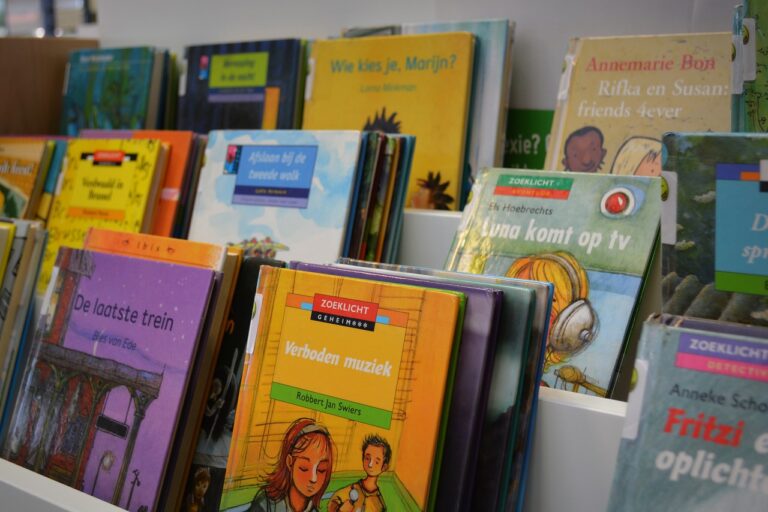The Influence of Teacher-Student Relationships on Academic Success
Establishing mutual respect is crucial in building strong teacher-student relationships. When teachers demonstrate respect for their students, it creates a positive and supportive learning environment. Similarly, when students show respect for their teachers, it fosters trust and facilitates open communication between both parties. This respect forms the foundation for a healthy and productive relationship that benefits the academic and personal growth of students.
Open and effective communication is another key factor in developing strong teacher-student relationships. Teachers who actively listen to their students, provide constructive feedback, and encourage dialogue create a safe space for students to express their thoughts and concerns. By communicating openly and honestly, teachers can better understand the needs and motivations of their students, leading to more personalized support and guidance in the academic setting.
• Active listening is essential for effective communication in teacher-student relationships
• Constructive feedback helps students improve and grow
• Encouraging dialogue creates a safe space for students to express themselves
Impact of Positive Teacher-Student Relationships on Student Engagement
Positive teacher-student relationships have a profound impact on student engagement in the classroom. When students feel a sense of connection and trust with their teachers, they are more likely to participate actively in class discussions and activities. This sense of belonging and support encourages students to take ownership of their learning journey and become more motivated to succeed academically.
Moreover, positive teacher-student relationships create a safe and nurturing environment where students feel comfortable expressing their ideas and asking for help when needed. This open communication channels foster a sense of collaboration and teamwork, leading to higher levels of engagement and interaction among students. When teachers prioritize building strong relationships with their students, they create a conducive learning atmosphere that promotes academic growth and personal development.
Ways to Foster Trust and Communication in Teacher-Student Relationships
Building trust and fostering communication in teacher-student relationships are essential components for creating a positive and supportive learning environment. One way to establish trust is for teachers to actively listen to their students without judgment. By truly hearing their concerns and perspectives, teachers can show that they value and respect their students’ opinions, which in turn can strengthen the bond between them.
Effective communication is also crucial in nurturing teacher-student relationships. Teachers should strive to be clear and consistent in their communication with students, ensuring that expectations and feedback are conveyed in a constructive and approachable manner. Encouraging open dialogue and providing opportunities for students to express themselves can help bridge any gaps and enhance understanding between teachers and their students.
What are some key factors in building strong teacher-student relationships?
Some key factors in building strong teacher-student relationships include open communication, trust, respect, empathy, and understanding.
How do positive teacher-student relationships impact student engagement?
Positive teacher-student relationships can significantly improve student engagement by creating a supportive and nurturing environment where students feel comfortable, motivated, and valued.
What are some ways to foster trust and communication in teacher-student relationships?
Some ways to foster trust and communication in teacher-student relationships include actively listening to students, providing constructive feedback, being approachable, showing empathy, and being consistent in your interactions.







